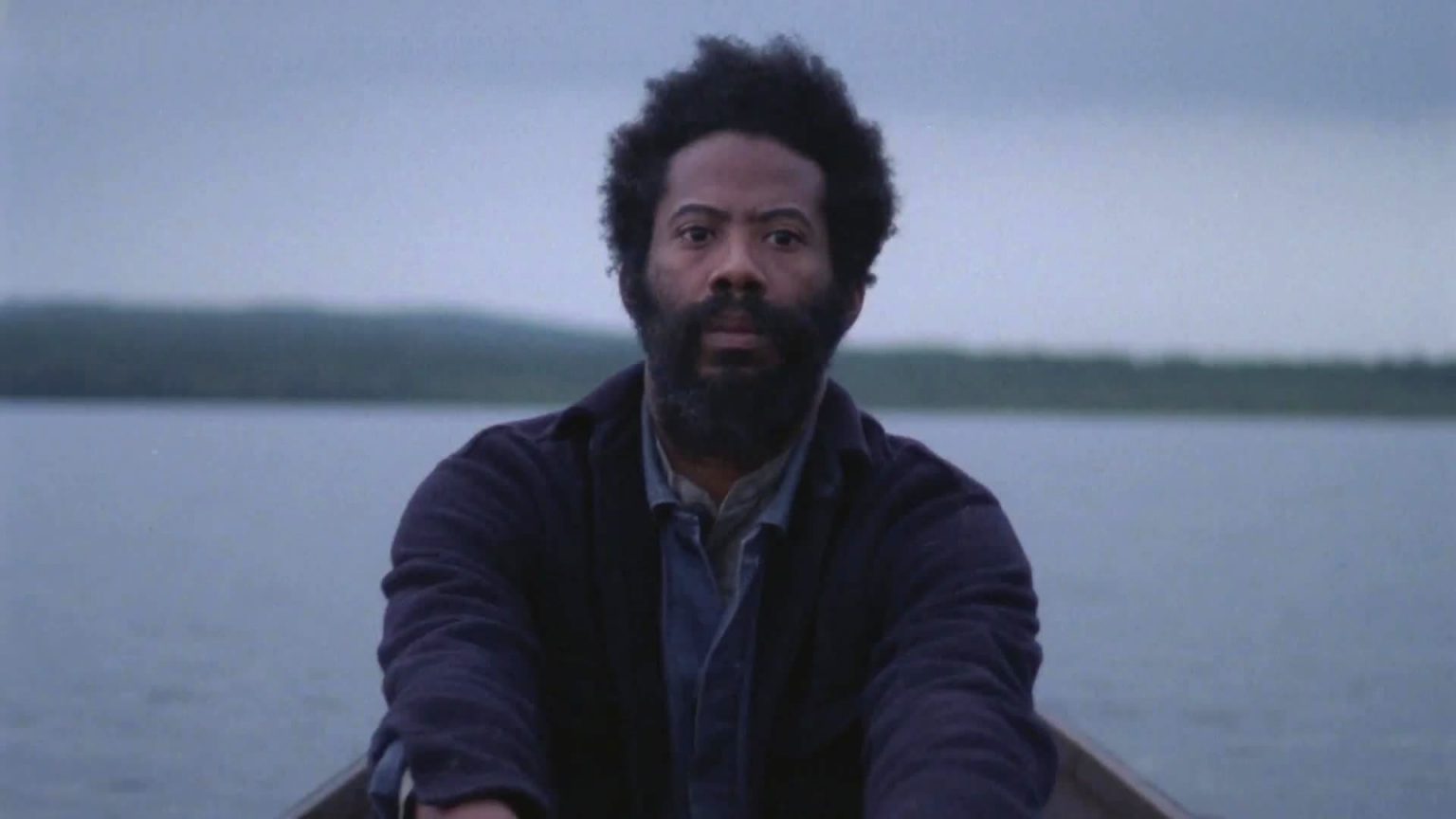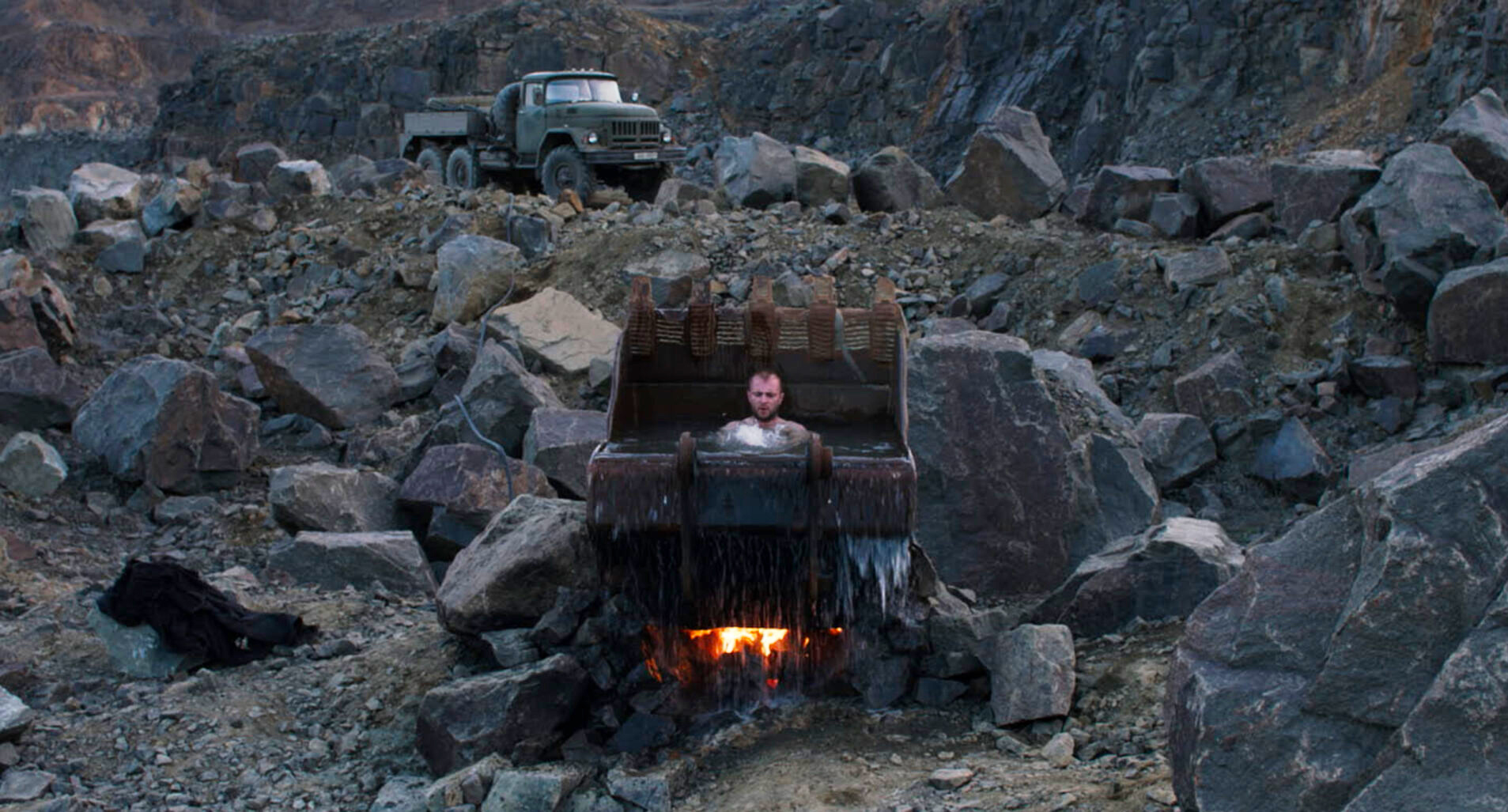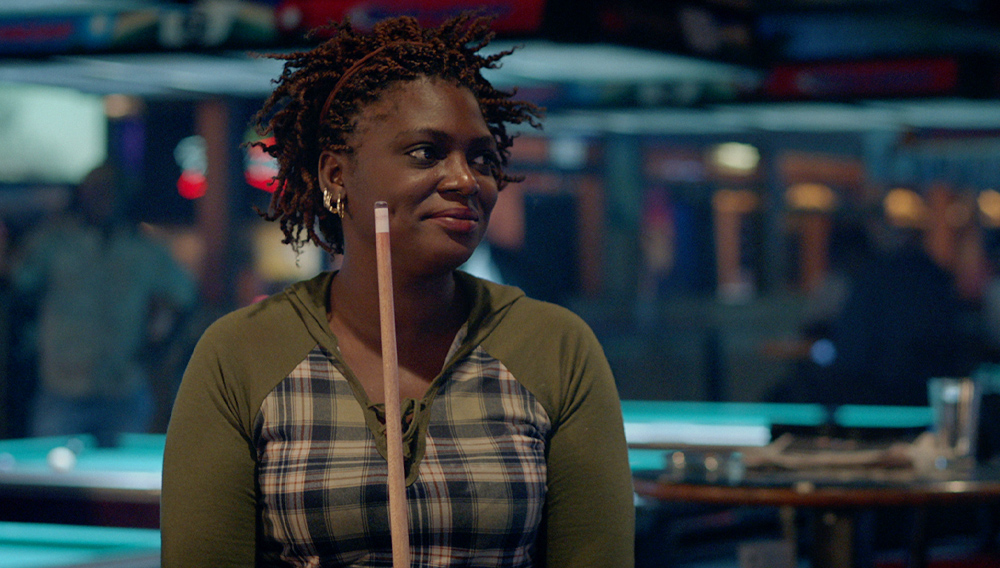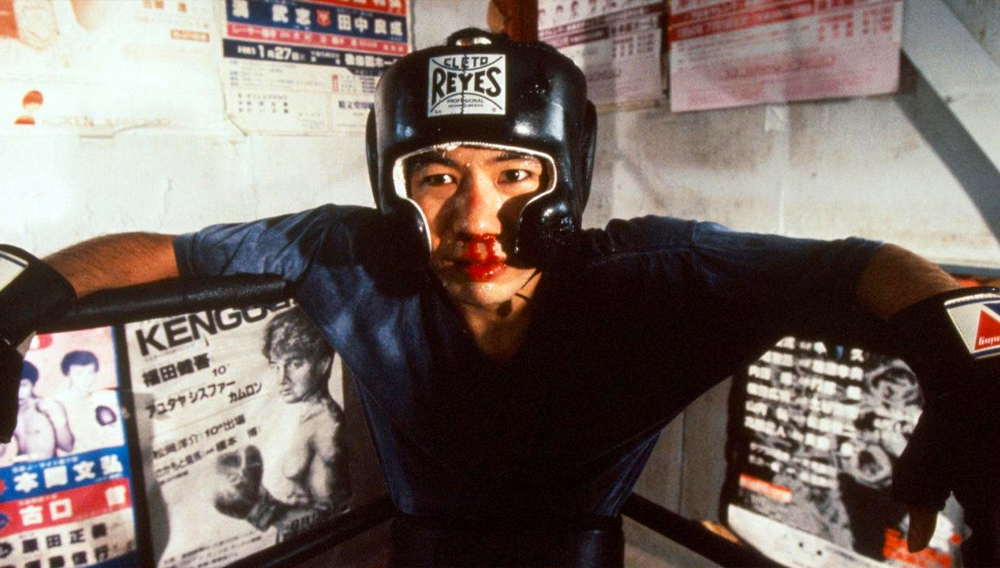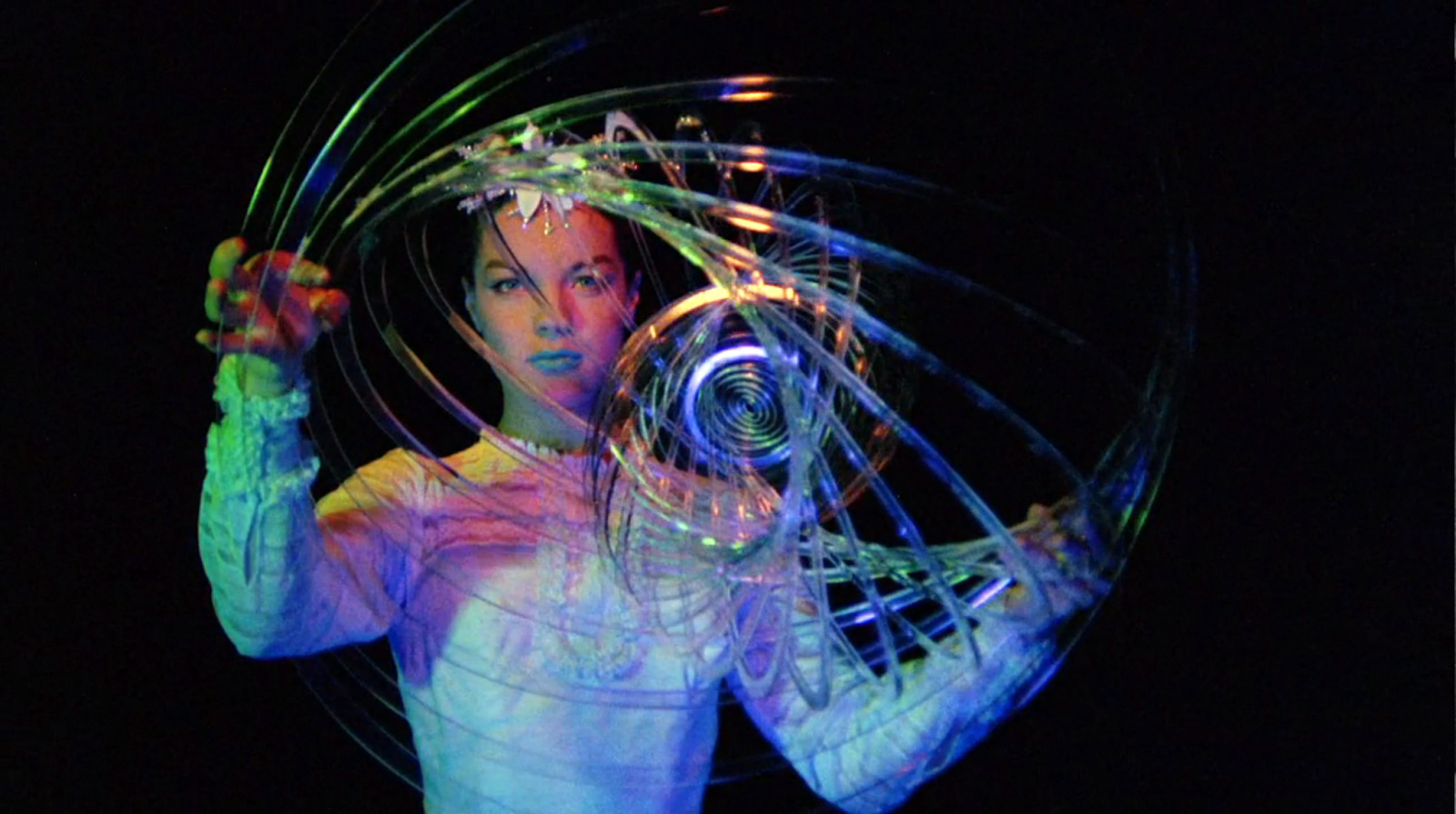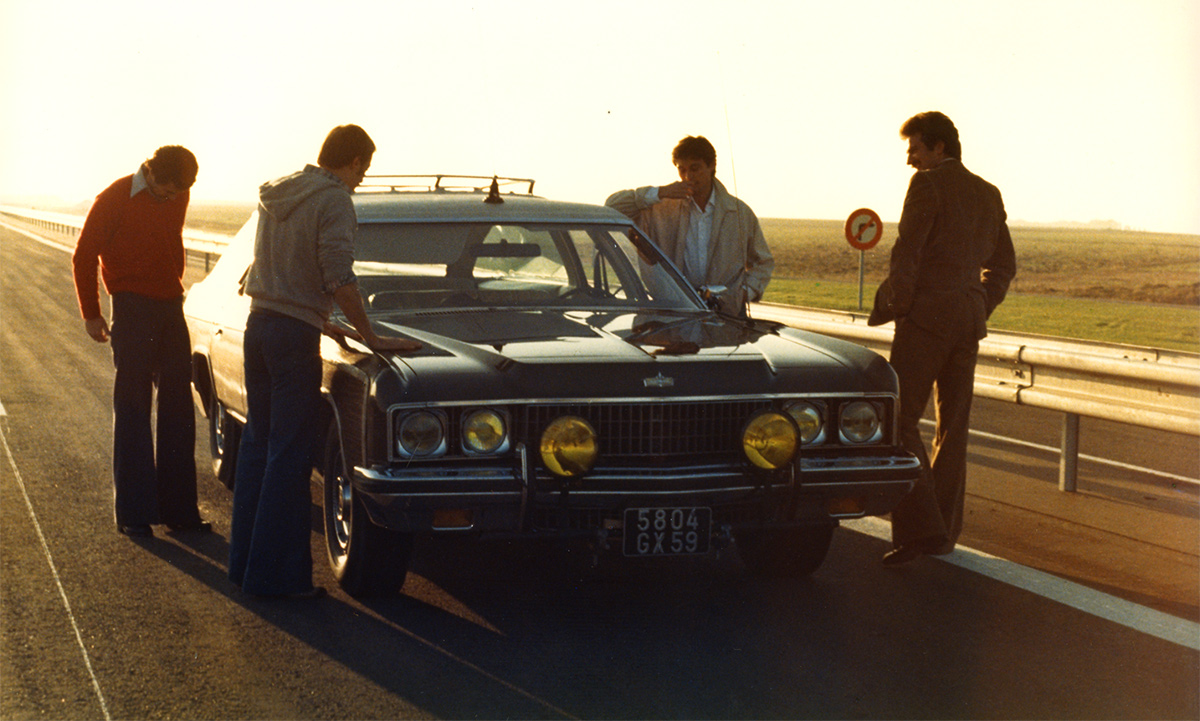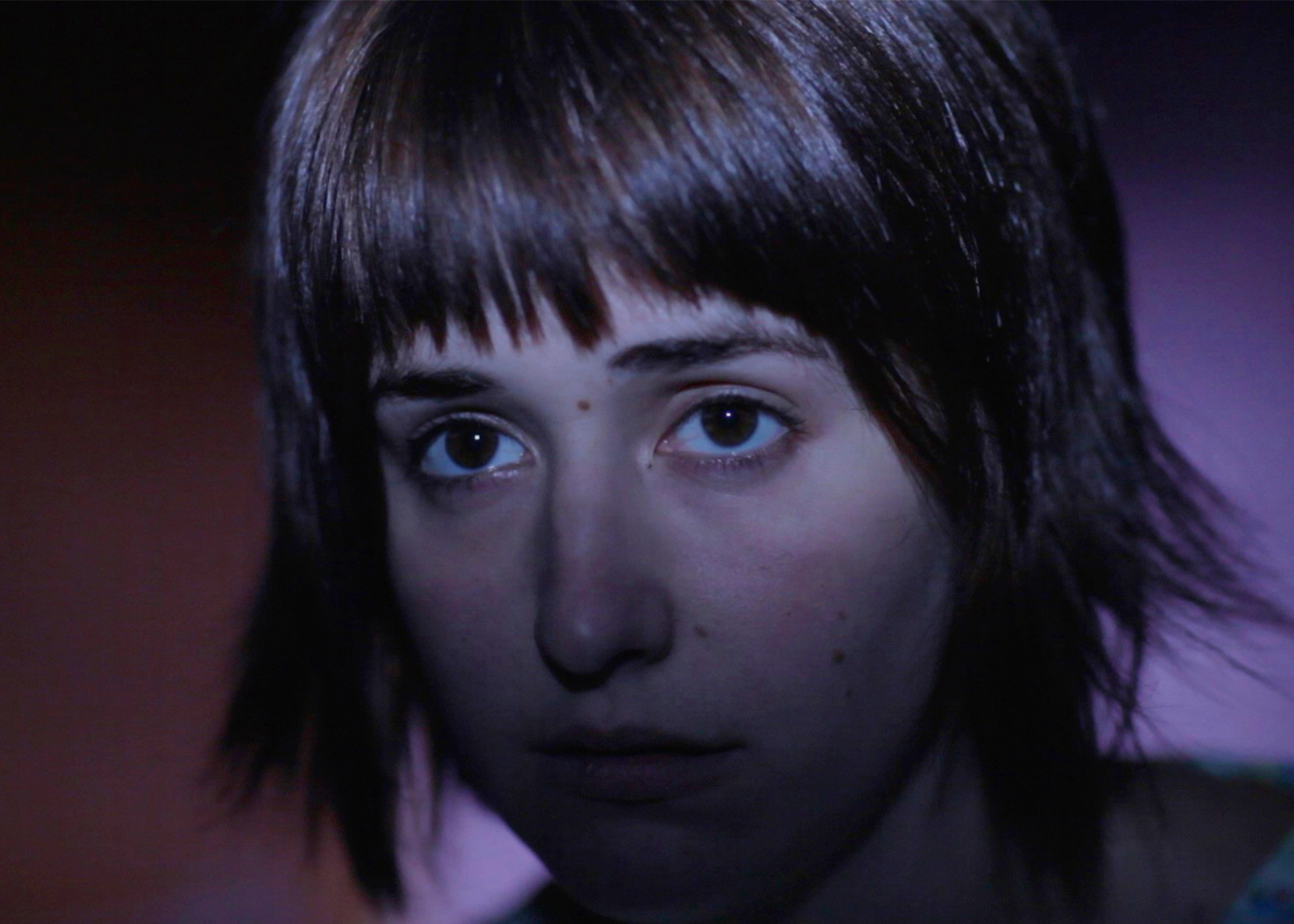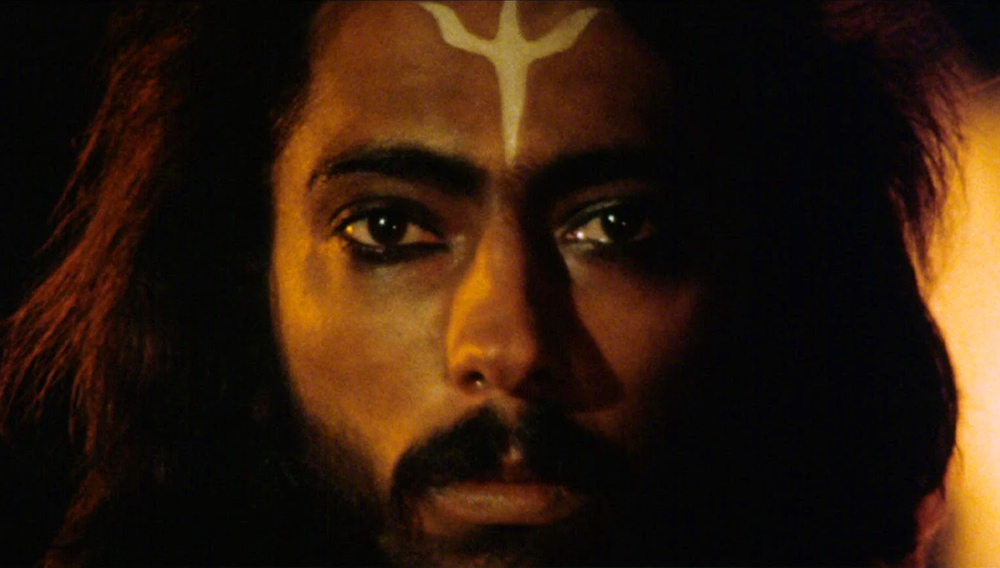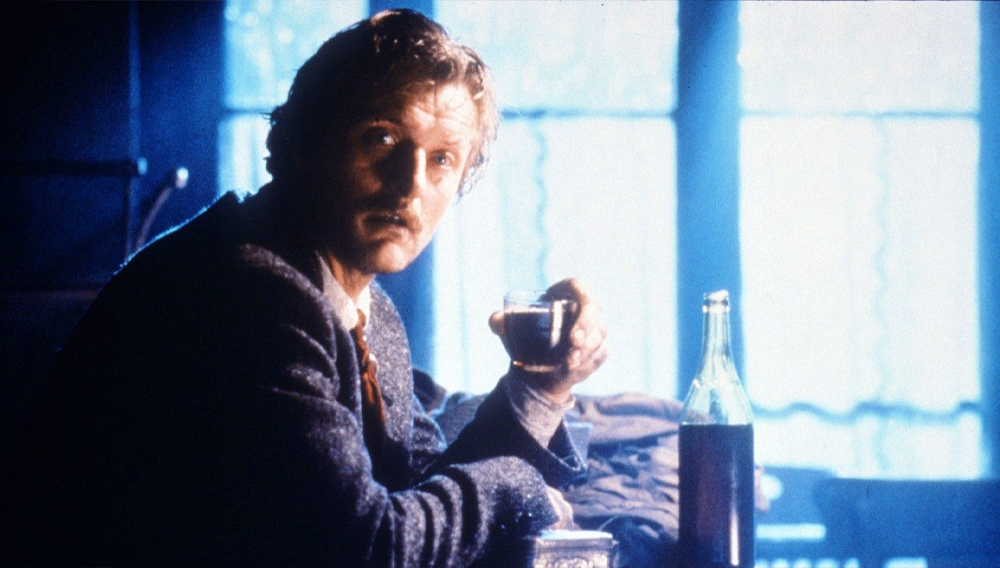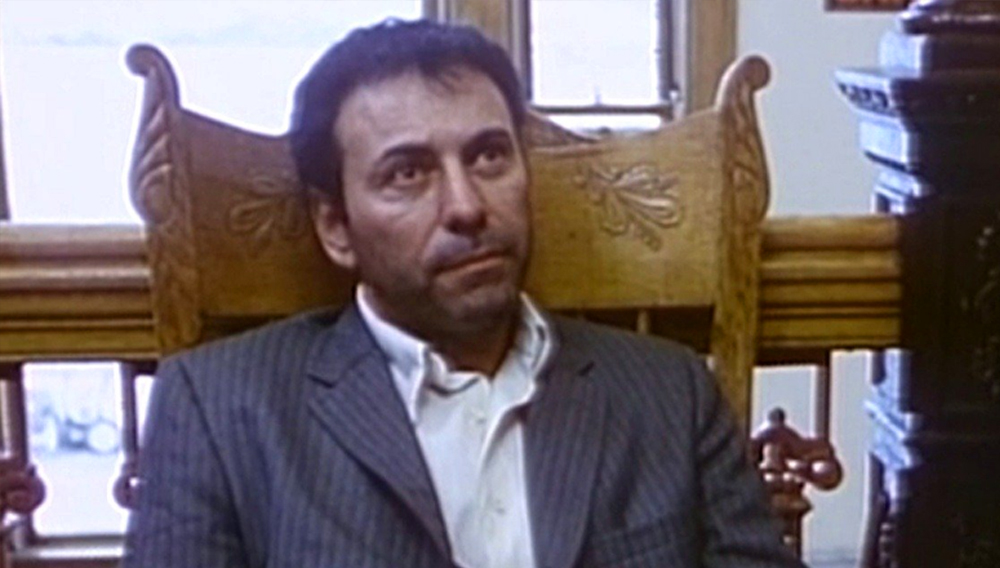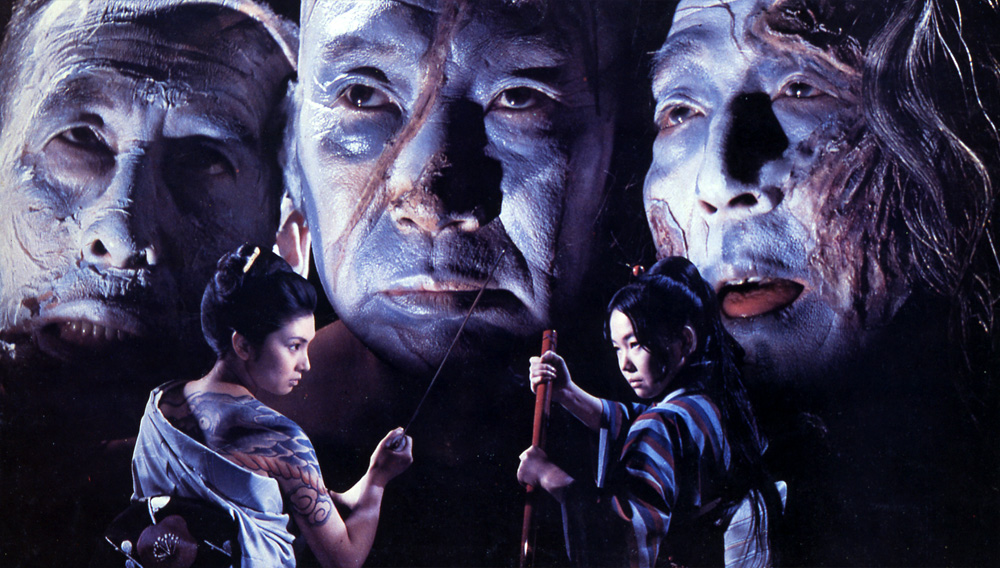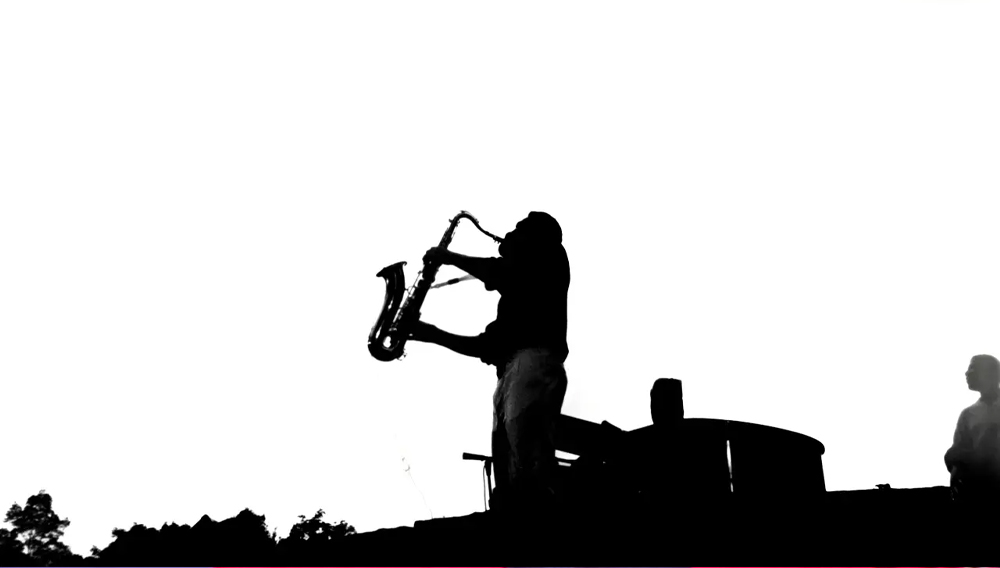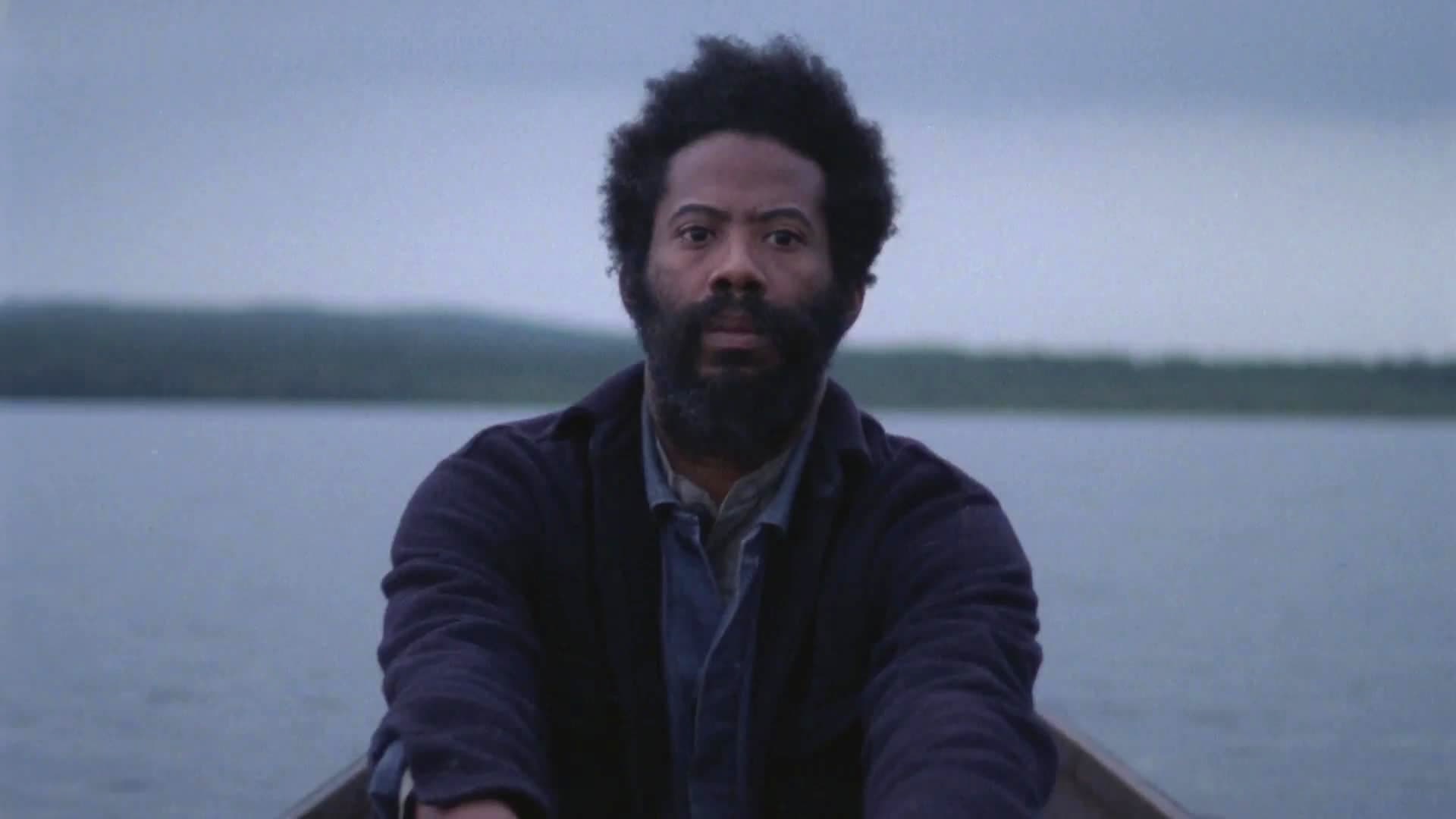
A Spell to Ward off the Darkness unites Ben Rivers and Ben Russell, two stars of contemporary avant-garde cinema, on a feature-length search for utopia in different corners of Northern Europe. While each director bears a distinct individual vision and approach to filmmaking, they share a common fascination with the possibility of attaining one’s own paradise and transcendence, whether by one’s self or among others, and especially as an alternative to the prescriptions of contemporary mainstream society. Their feature-length collaboration considers three possible sites for utopia, which they label “Commune,” “Solitude” and “Black Metal,” respectively depicting group life in a rural Estonian commune; a solitary excursion into the Finnish wilderness; and a black metal concert in Norway. This video essay distills each of the three chapters as a way to heighten their juxtapositions in theme and cinematic experience.
There are distinct aesthetic contrasts between the three chapters, which in their linear placement suggest a progression. “Commune,” the first chapter, aesthetically feels the most haphazard, shot in a vérité documentary style that bounces between several inhabitants of a communal living environment. The camerawork feels highly susceptible to its environment, often responding to moments unfolding spontaneously in real time. At times there’s even a sense of listlessness, as the camera feels perpetually bound to whatever moments the commune has to offer, which alternate between the sublime (commune members bathing and joking together) and the banal (working and lazing about).
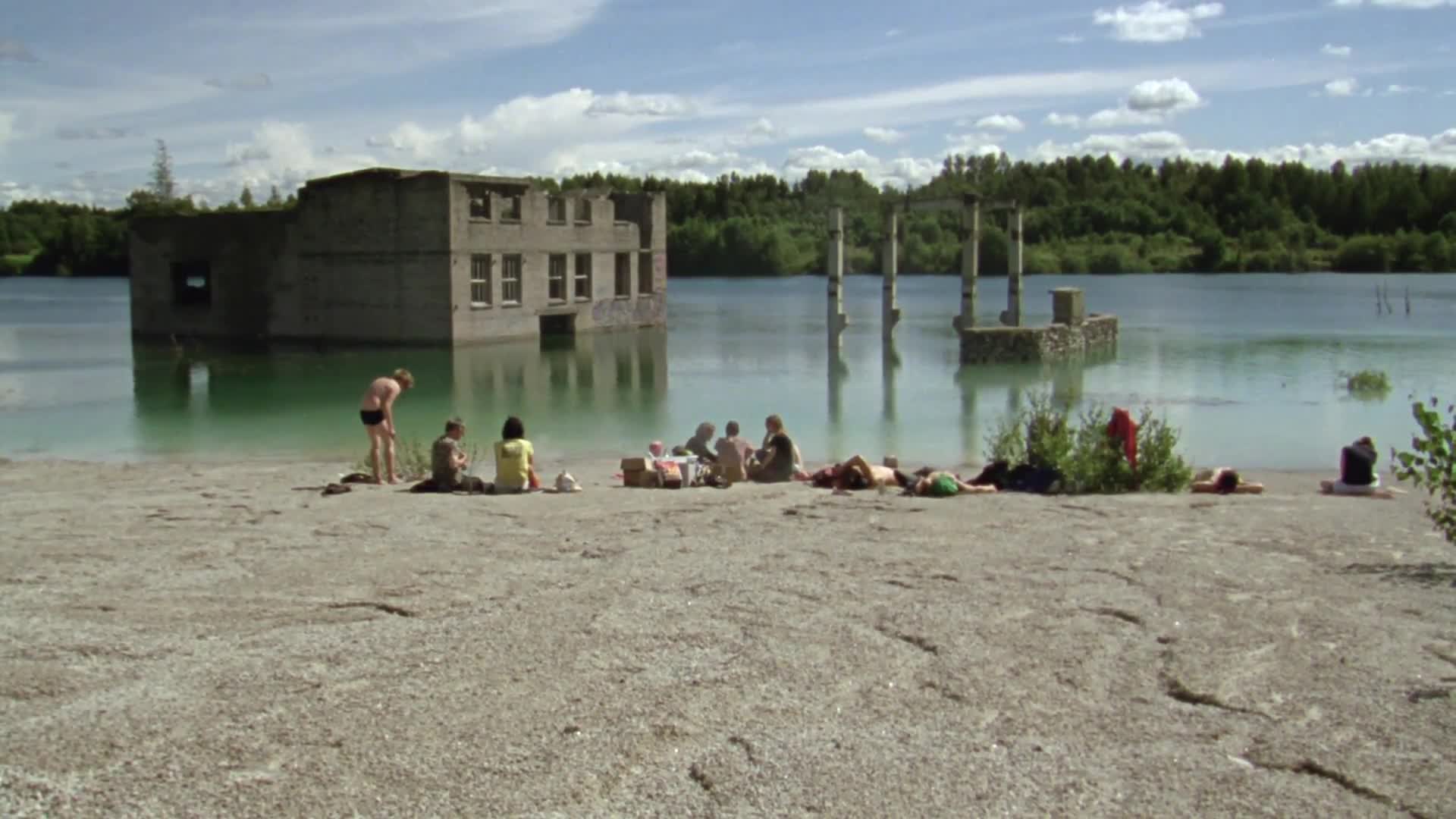
From this section we follow one figure into the next episode: in “Solitude” musician Robert A.A. Lowe leaves the commune to spend time on his own. Of course this experience of solitude is a construct given that he is being filmed throughout, but nonetheless these scenes of Lowe engaged in different solitary activities (fishing, hiking, reading) construct a compelling portrait of the paradise in of being alone. The tranquil soundtrack and carefully composed shots of the pristine Scandinavian wilderness are a far cry from the relative chaos of the commune scenes. Still, as time progresses the experience of isolation acquires a melancholy heaviness.
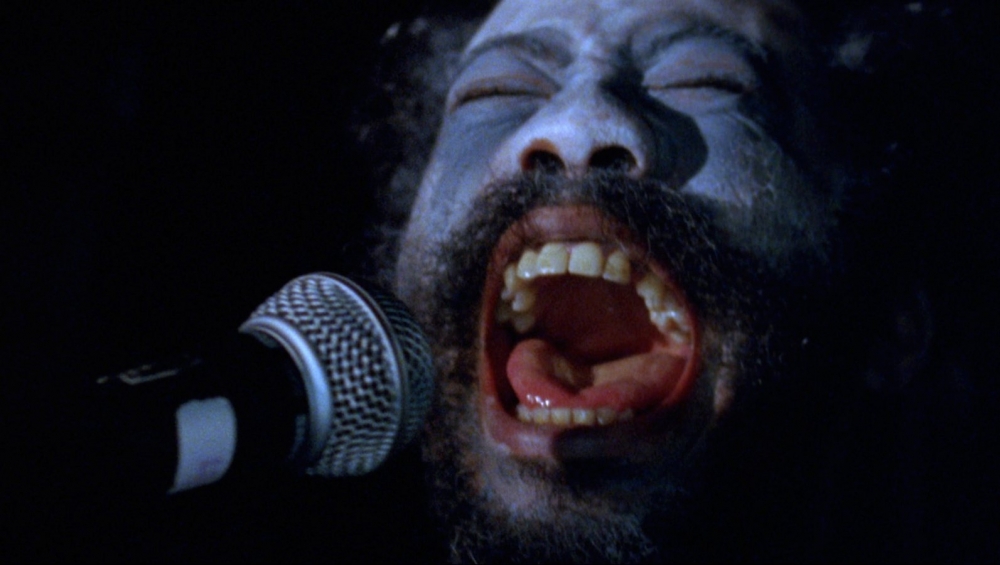
It is in the last stage that these countervailing impulses of togetherness and solitude converge: following the placidness of “Solitude,” “Black Metal” amounts to a volcanic eruption of sound and light as Lowe and other black metal musicians perform at full volume to a crowd of enthralled spectators. Packed in the venue, each musician and listener occupies their own isolated zone of bliss-out, yet they stand connected by all-enveloping one sonic environment. Is this chapter a dialectic fusion of the other two? What does this version of paradise exclusively possess or lack in comparison with the others? Even amidst the ecstasy of this moment, a lingering tension prevails, that this utopia is bound to fall away; that its time shall soon pass into the search for another.
Kevin B. Lee is a filmmaker, critic, video essayist and founding editor of Keyframe. He tweets at @alsolikelife.

